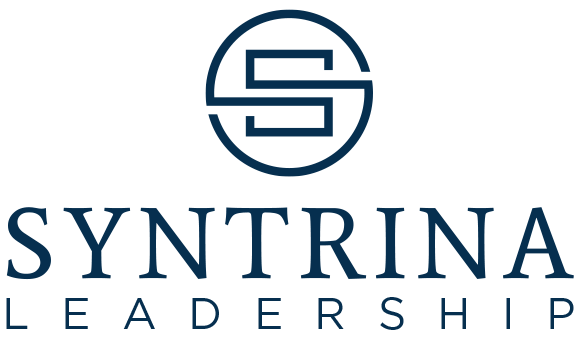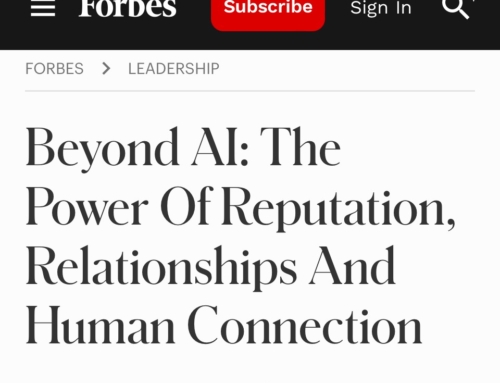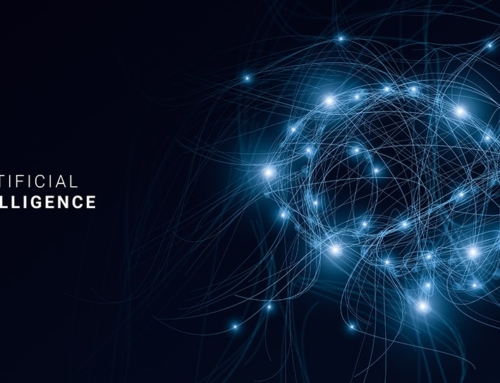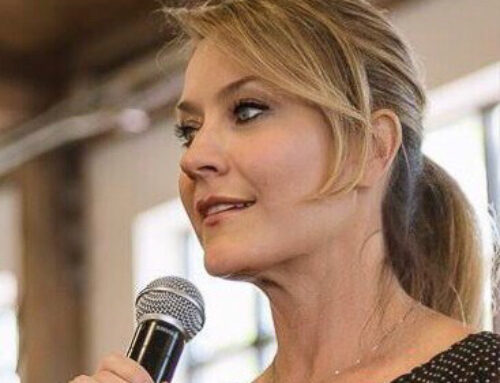As published in Forbes.
Every true act of leadership has only one purpose: to make life better. As such, leadership is rooted in our humanity. It is curious then that so often we hide ourselves within a professional mask of what we think we ought to do and be, only to lose connection, both with ourselves and the people we are meant to serve. When we approach leadership, human “resources,” recruiting, coaching and professional development via mechanical methods, we generally miss the mark entirely. There are a lot of good leaders today. However, too often they lack the one quality that would make them truly great: their humanity.
You see, being human is hard. Perhaps the hardest thing we ever do. After all, we seek leadership positions to fulfill our desire for power, control and authority. Yet to be human is to be weak and vulnerable, something most of us fight against our entire lives (and why we love superheroes, as they allow us, if only briefly, to escape our very limited human form). We don’t really understand the power of our humanity until life forces us to our knees, generally through challenging events like job loss, divorce, aging, illness and death. It seems humble pie is beneficial for many of us.
Without a doubt, becoming human is the most important work of our lives. It often feels like weakness but shows up as strength. It says things like, “This change has to start with me,” “I need to become better,” “I don’t know,” “I’m sorry,” and “I own this and I will work to make it right.” Leadership is accountability personified.
Leading with humanity is rare and not always well understood, so let me give you two specific examples of what it looks like. The first is an incredible two-minute video with Craig Newmark, the founder of Craigslist. In two short minutes, Newmark tells the story of the moment he knew he would have to become better. He was brought into his boss’s office and given feedback that would be difficult for most of us to hear. What he chose to do afterward is impressive and the result — well, you decide. I am sure it took substantial inner work for Newmark to arrive at the conclusion he did. Watch and notice your own reactions:
• Do you see Newmark’s admission as weak or strong?
• Do you like and trust him more or less as a result
• Based upon this communication, would you be interested in working with and for Newmark? Why or why not?
An equally impressive but vastly different example of incorporating more humanity into organizations is an idea the City of Edmonton, a 14,000-plus employer, recently launched. Following a suggestion by recruitment expert Shahid Wazed, the city now helps hiring managers record short, informative podcasts to give job seekers a sense of their personal leadership style, the business strategies and current initiatives they could soon work on and, through it all, a taste of the organization’s culture. What a ridiculously human way idea to attract top talent!
Exceptional leadership always requires us to do things in the most personal, human way possible. Research also indicates a human orientation is more than “just nice to be nice,” as Newmark states, but that it pays off in terms of bottom-line results. Data published in Bill Adams and Bob Anderson’s Mastering Leadership collected from more than 155,000 leaders in more than 25,000 organizations, 246 countries and 65 industries reveals that those who score high on authenticity and self-awareness and who have a caring connection with others and a concern for the community outperform those leaders who do not. Consider:
• What would it look like for you to bring more humanity into your leadership?
• What would it take for you to do it?
• What are you willing to try today?
The higher you rise within an organization and within your profession, the more unknowable and removed you can easily become. There is significant value in reminding those you work with and through that you too are human, mortal and flawed. It is why we love to read the biographies of those we admire, as learning about our heroes’ insecurities, challenges and failures helps us to connect not only to them but, perhaps most importantly, more fully to ourselves. Today, find ways to let your people in so that they feel like they can know you. They are hungry for it. The truth is, you are also starving to be yourself.
As always, I invite your comments, perspectives and criticisms.






